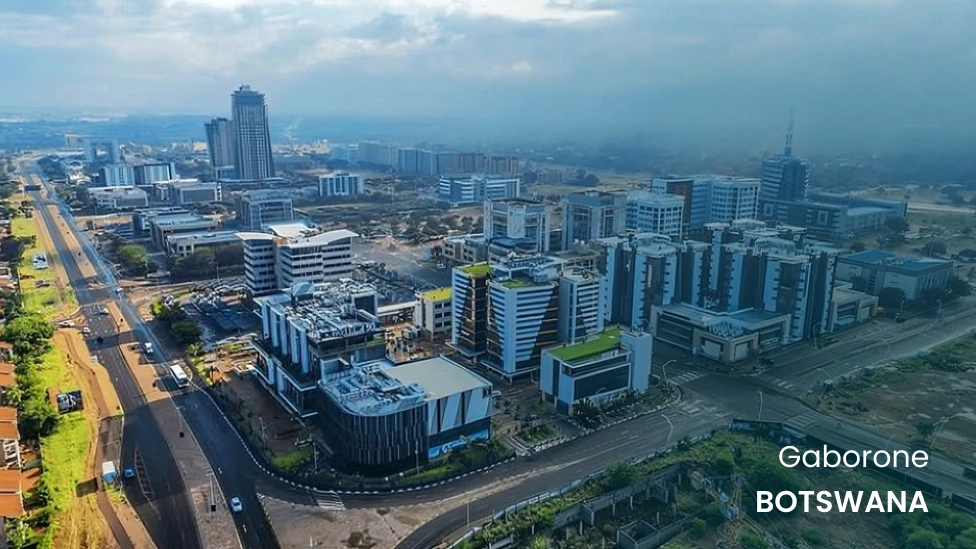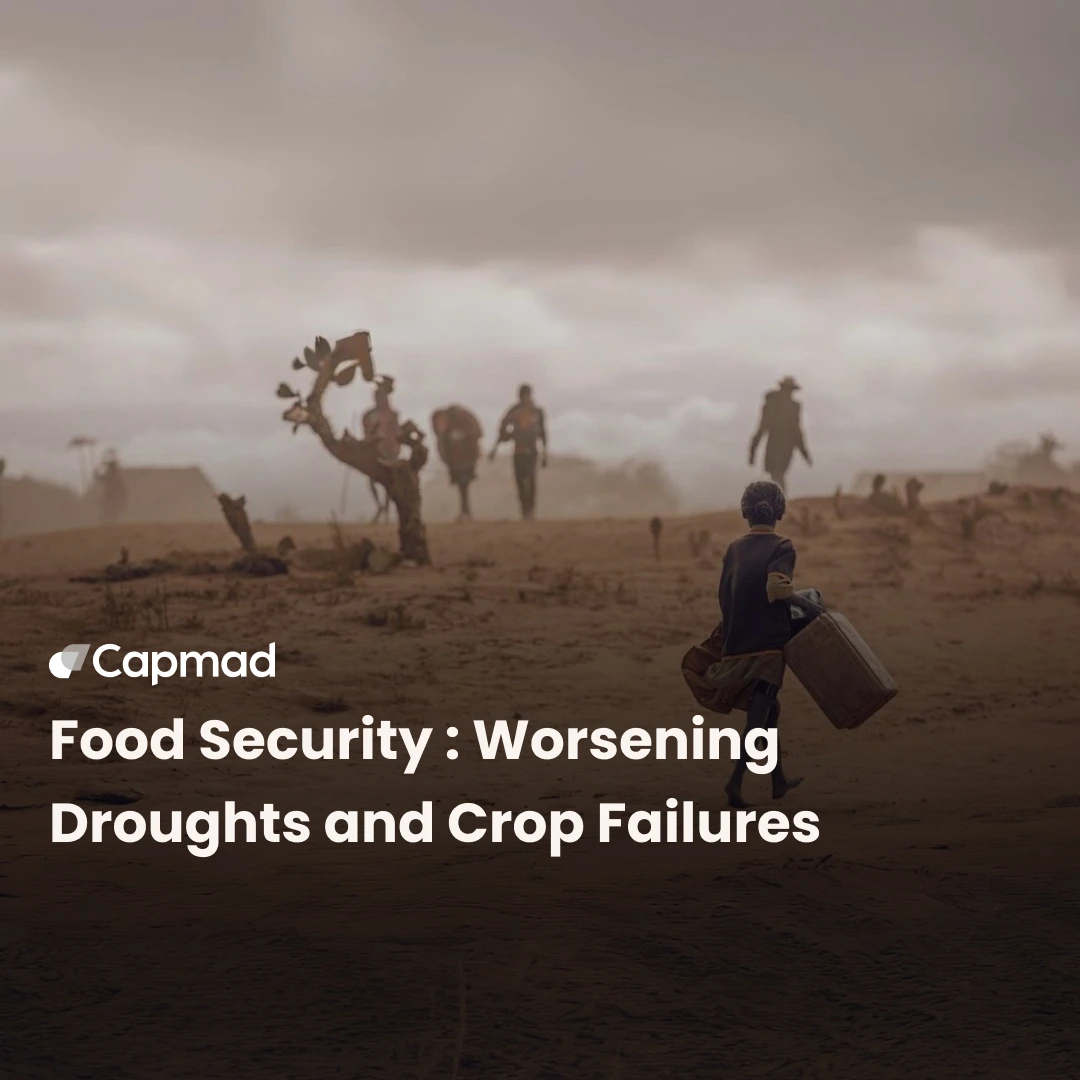Like many other regions in the world, Africa faces challenges related to pollution and waste management. However, some African cities are making impressive strides in environmental cleanliness and sustainability. Cleanliness remains one of the main factors that attract travelers to choose a destination for their next adventure. Several African cities are recognized for their impeccable cleanliness, demonstrating excellent urban planning and environmental awareness.
1. Kigali – Rwanda
Kigali, the capital city of Rwanda, is ranked among the cleanest cities in Africa, with waste-free areas. According to Into Rwanda, the city has maintained its top spot due to its visionary leadership, strategic planning, waste management, and recycling. Rwanda takes environmental protection very seriously. Its national park, Nyungwe Forest, emphasizes the importance of cleanliness to preserve this fragile ecosystem. As a testament to its commitment, Kigali banned plastic bags in 2008, imposing heavy fines and prison sentences for offenders.
The last Saturday of each month is dedicated to city cleanliness, with participation from everyone. The annual urbanization growth rate is 4 %. Rwanda’s GDP is 13.3 billion USD, with Kigali contributing over 40 %.
2. Cape Town – South Africa
Cape Town is ranked among the cleanest cities in Africa. Cape Town is one of the most picturesque cities in Africa, equipped with a solid waste management system. Cape Town shines as a model of cleanliness in South Africa, securing the second spot. Nicknamed « Mother City », Cape Town prides itself on its immaculate streets and environmental initiatives.
Cape Town has recorded a GDP of 27 billion USD, contributing 9.6 % to the national economy.
3. Tunis – Tunisia
Tunis is the largest and cleanest city in Tunisia. The capital’s municipality ensures the cleanliness of its streets. The city also has community simulation programs that encourage the use of bicycles and electric cars to reduce greenhouse gas emissions. Its innovative sewage disposal system, using underground and underwater pipelines, ensures environmentally friendly waste management.
Tunis contributes over 36 % to Tunisia’s GDP of 174.57 billion USD in 2024.
4. Port Louis – Mauritius
Port Louis is the largest city and capital of Mauritius. It boasts breathtaking waterfalls. The Municipal Council of Port Louis is responsible for cleaning the city. The government sets an annual budget to maintain the city’s cleanliness. The surrounding tropical vegetation significantly enhances its pristine environment. The municipal council plays a crucial role in maintaining the city’s cleanliness.
Government funding and the abundance of tropical plants also contribute to Port Louis’s immaculate beauty.
5. Johannesburg – South Africa
Johannesburg is the largest metropolis in South Africa. To raise public awareness, the city’s mayor occasionally organizes several cleanliness campaigns. Johannesburg, also known as the « City of Gold », is the second South African city to make this list.
The city holds 239 billion USD in private wealth and contributes 15 % to South Africa’s GDP.
6. Gaborone – Botswana
Gaborone is one of the cleanest and quietest cities in Africa. The city is making progress in waste disposal. Its municipal administration ensures that all waste is collected on schedule, and a recycling facility manages waste loads.
Botswana’s GDP stands at 68 billion USD in terms of purchasing power parity.
7. Windhoek – Namibia
Windhoek is considered one of the cleanest capitals in Africa. The Namibian capital boasts modern amenities and some of the best road infrastructure on the continent.
Windhoek has implemented several initiatives to improve waste management and promote sustainable living. The city has set up a recycling program and banned single-use plastics. Windhoek has also implemented a composting program and launched public transportation initiatives to reduce traffic congestion. The country’s GDP is estimated at 12.91 billion USD.
8. Nairobi – Kenya
Nairobi is described as the greenest city in Africa. President William Ruto launched the new Nairobi River Commission, which aims to clean up the city’s rivers. Due to its hills, valleys, and vast green parks, Nairobi is known as the « Green City in the Sun ».
Most Nairobi residents travel on foot, by public transportation, or by bicycle, significantly reducing carbon dioxide emissions compared to similar-sized cities. Nairobi residents are also enthusiastic about composting and recycling waste. Nairobi is a successful example of coexistence between humans and nature.
9. Kumasi – Ghana
The city of Kumasi is located in Ghana’s Ashanti region. It maintains its reputation as a clean city through several social cleaning organizations. Accra and Kumasi strive for the status quo, compelling the latter to fight for recognition.
Kumasi is not nicknamed « Eden » for nothing. This city is proud of its ubiquitous flowers and the creative methods its residents use to keep their city as energy-efficient as possible. They try to rely on renewable energy as an alternative in their daily lives. Kumasi’s main tourist attraction, the West African Kedzheti market, spans miles of terrain, and despite its size, not a single piece of litter can be found in the market.
10. Dar es Salaam – Tanzania
Dar es Salaam is the largest and cleanest city in Tanzania. The government ensures that the city’s environmental conditions are met. This city is located on the Indian Ocean’s edge, making it very beautiful.
Currently, half of the city and its surroundings are covered with trees and shrubs that absorb carbon dioxide and release large quantities of oxygen into the atmosphere. Significant importance is also given to cleaning reservoirs.
















